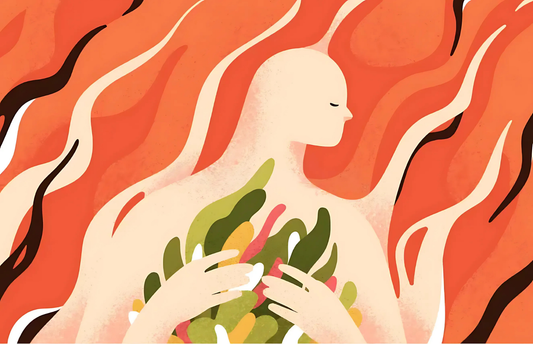Ashura is often described as a day of sorrow. And rightfully so. The events of Karbala tear through the heart of anyone who hears them with even a trace of humanity. The thirst of the children, the sacrifice of companions, the isolation of Imam Husayn, peace be upon him, these are not easy stories to carry.
But to stop at sorrow is to stop too soon.
Karbala is not only about what was lost. It is about what was revealed. About what rose from that desert and continues to rise. The story of Ashura is not a cry of defeat. It is a declaration: the soul is stronger than the sword.
Imam Husayn did not stand on that day to be destroyed. He stood to show us what cannot be destroyed.
His body was wounded, but his clarity remained untouched.
His family was attacked, but his principles were unshaken.
He gave everything physical away, and somehow, became fuller.
In Karbala, pain does not disappear. It is not ignored or bypassed. But it is not the end of the story. Pain becomes the doorway through which something higher is revealed. It is not simply endured, it is transcended.
The body is struck, but the soul rises.
The heart is broken, but the spirit expands.
Karbala is not where Imam Husayn fell. It is where he soared.
Ashura is the victory of the soul over the body, of light over shadow, of eternity over the fleeting.




